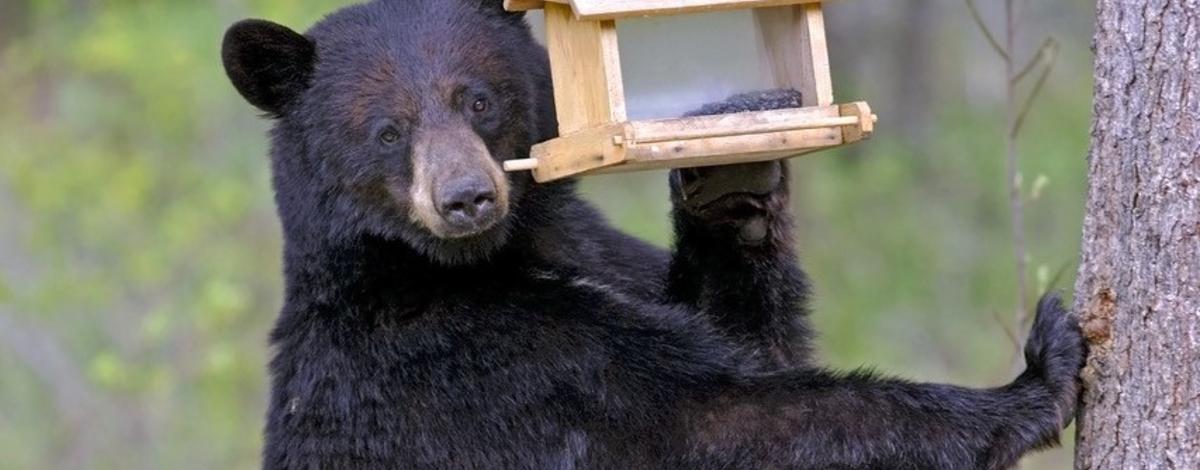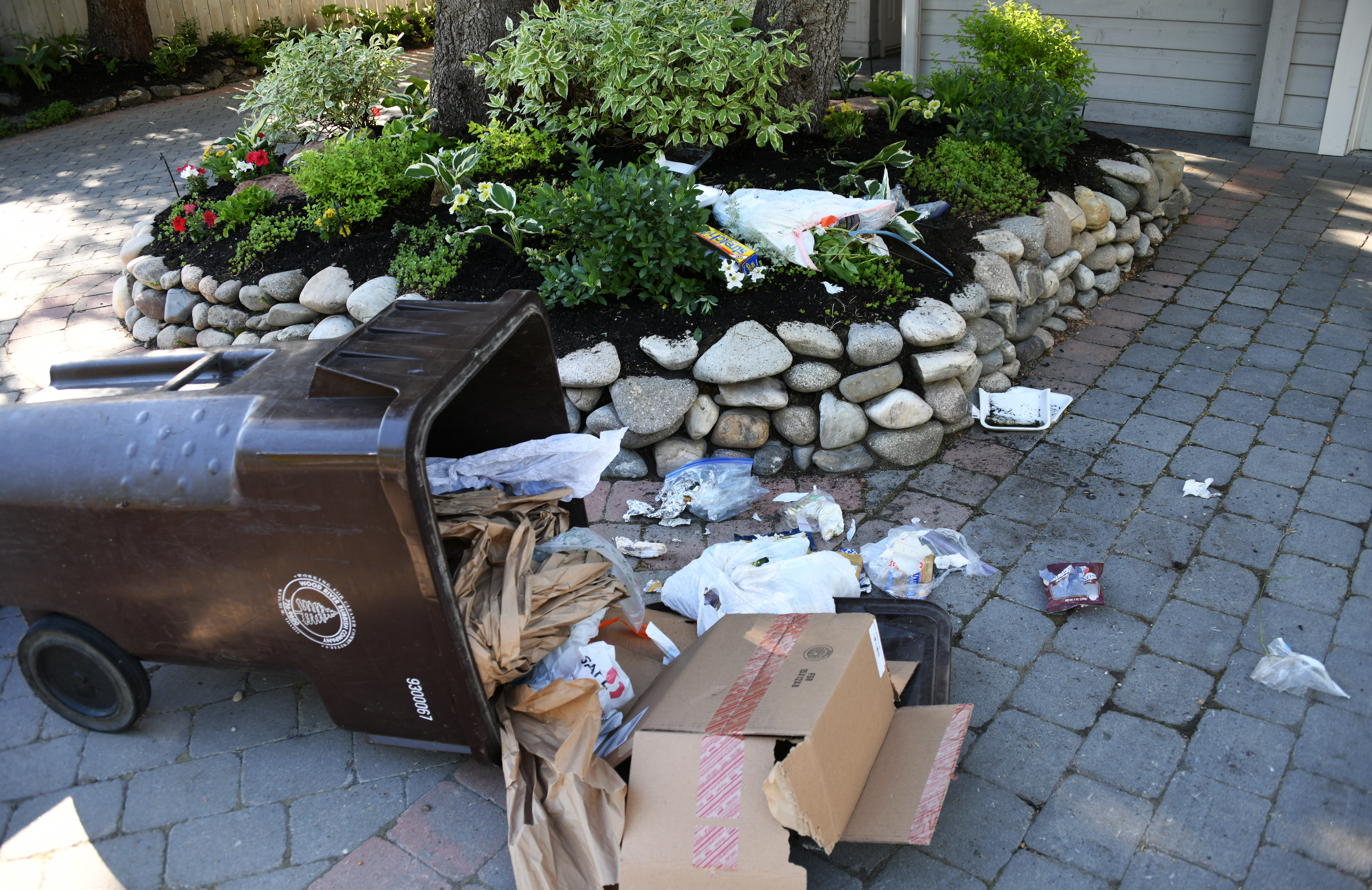While it is exciting to see a bear in the wild, it isn’t so wonderful to have one in your campsite or trashing your deck barbeque at midnight.
“With this hot, dry summer, we’re starting to see a pretty significant increase in bear complaints, and most of them are due to improper storage of attractants like chicken feed, and garbage cans left out, said Jason Husseman, wildlife biologist for Idaho Fish and Game in Salmon. “Bears are very opportunistic and once they find a food reward, they will be back for more.”


